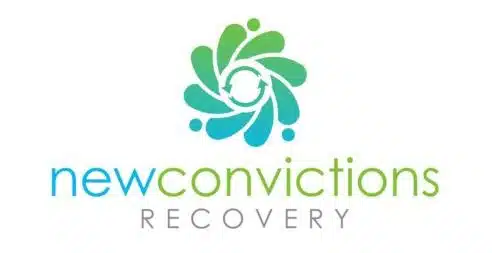
Utilizing a blend of traditional and innovative approaches, our programs tackle addiction and underlying mental and substance abuse issues, ensuring holistic recovery. At New Convictions Recovery, we’re committed to making a difference in the lives of those we serve, providing the essential tools and resources for a brighter, addiction-free future.
Understanding the Depths of Gambling Addiction
The Irresistible Call of the Dice: A Look into Compulsive Gambling
The Dark Side of Behavioral Addiction: Examining Gambling Disorders
From Thrills to Escapes: Understanding the Driving Forces Behind Gambling Addiction
The First Step Towards Healing: Raising Awareness about Gambling Addiction
Identifying the Signs and Symptoms
Lost in the Abyss: The Inability to Control Gambling Habits
Haunted by the Past: The Relentless Preoccupation with Gambling Activities
The Vicious Cycle of Increasing Bets: Chasing Losses in Compulsive Gambling
Restless Souls: The Struggle to Reduce or Quit Gambling
The Veil of Deception: Uncovering Hidden Gambling Activities
In the Grip of Desperation: The Financial Consequences of Compulsive Gambling
3. Importance of Seeking Professional Help for Gambling Addiction
- Compulsive gambling can lead to severe mental, financial, and interpersonal issues.
- Professional intervention increases the chances of sustainable recovery.
- Counselors and therapists specializing in gambling addiction offer targeted solutions and coping strategies.
- Get help for gambling addiction in NJ: Seek out the Council of New Jersey at https://800gambler.org for specialized services.
4. Treatment Options for Compulsive Gambling
- Individual and group therapy focuses on the root causes and triggers.
- Cognitive Behavioral Therapy (CBT) to address and change negative patterns of thought.
- Medication to treat any underlying mental health disorders contributing to the addiction.
- Join a gambling addiction rehabilitation program in New Jersey for comprehensive care.
5. Resources for Individuals with a Gambling Addiction
-
- Gambling Addiction Hotline: Immediate assistance and information for those in crisis. 609-588-5515
- Online resources provide information, guidance, and access to support networks.
- Local NJ centers and organizations, such as the NJ Council on Compulsive Gambling, offer services, therapy, and programs for recovery.
- Utilize gambling addiction counseling services in New Jersey to find group and individual therapy options.
